Take advantage of the world's deserted tourist hotspots
Popular destinations are more attractive than ever as the crowds stay away. Nicole Garcia Merida reports

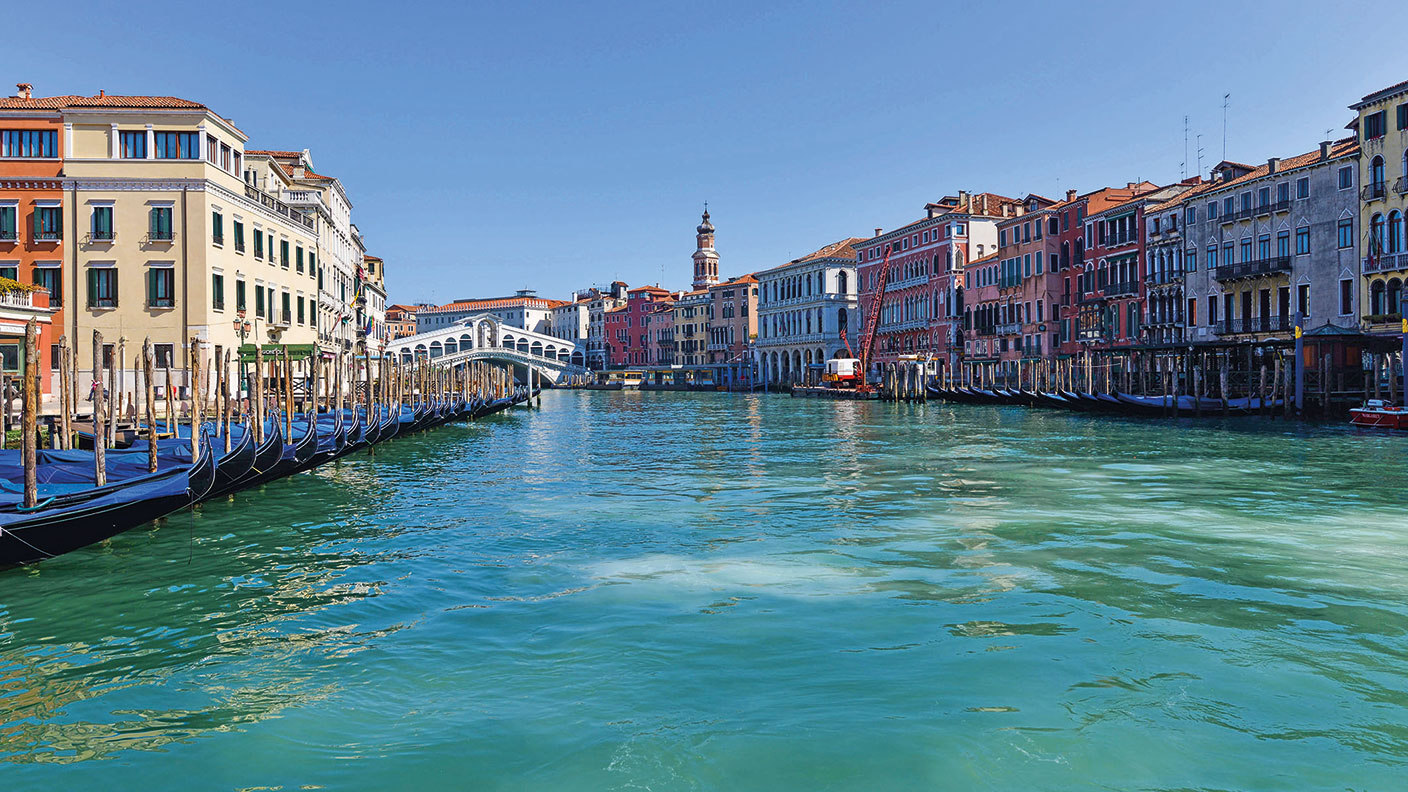
Get the latest financial news, insights and expert analysis from our award-winning MoneyWeek team, to help you understand what really matters when it comes to your finances.
You are now subscribed
Your newsletter sign-up was successful
Want to add more newsletters?

Twice daily
MoneyWeek
Get the latest financial news, insights and expert analysis from our award-winning MoneyWeek team, to help you understand what really matters when it comes to your finances.

Four times a week
Look After My Bills
Sign up to our free money-saving newsletter, filled with the latest news and expert advice to help you find the best tips and deals for managing your bills. Start saving today!
The magic of Venice
The rules about where you can go without having to endure quarantine change by the day, but at the time of writing, Italy was open for business to the UK. Few Brits, however, are braving the journey, says Maria Shollenbarger in the Financial Times. For those who do choose to go, that makes the situation “pretty delightful”: “empty squares, queue-free museums, hill towns and seaside ports largely returned to their inhabitants”.
Of all the country’s celebrated destinations, Venice is “the most genuinely extraordinary to experience right now”. A city that has suffered the most “at the hands of the tourism that feeds it” is now breathing easily. On a walk through St Mark’s Square you’ll encounter only a “smattering of mostly Venetians”; the Giudecca Canal is close to empty. “Only the traghetti, a few fishing boats and the odd water taxi plied its jade-hued expanse.” The walk from the Aman Venice in San Polo, past the Salizada San Samuele, through San Marco and along the Riva degli Schiavoni, is less crowded; on a “windblown, sun-saturated day” it is “truly magical”. The city can’t survive like this forever, but at the moment it is a wonderful break from the norm – not to be missed, and very likely not to be repeated.
Holiday boltholes in the British Isles
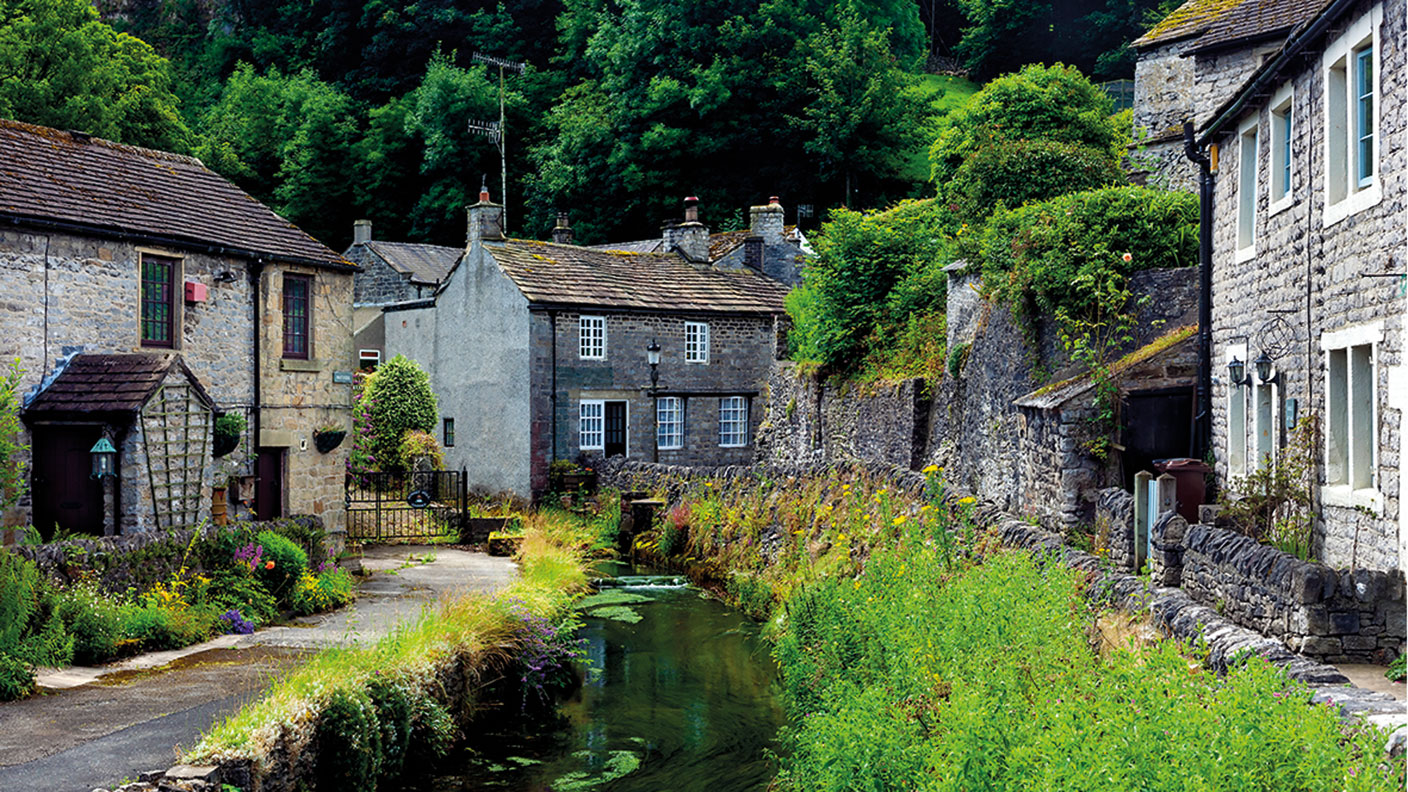
If the constantly changing rules on quarantine make you feel nervous about venturing abroad, fear not – there are plenty of beautiful spots in the less touristy areas of Britain. For many, a British holiday means a trip to “well-known holiday boltholes such as Devon and Cornwall, the Lake District or the New Forest… but there is real beauty in slightly less trodden parts of coastal, urban and rural Britain”, says Josh Halliday in The Guardian. The Peak District’s spectacular hills and rolling rivers are often “unfairly overlooked”. A short hop from London lies Mersea Island in Essex, “a somewhat-secret place of pilgrimage for seafood fans for years”. But while most UK holidays involve coast and countryside, you may be missing a trick by not visiting cities. “York is one of the UK’s most popular tourist destinations in normal times, but its visitor income has disappeared virtually overnight.” It is well worth a visit to see Clifford’s Tower alone, the biggest surviving remains of York Castle.
MoneyWeek
Subscribe to MoneyWeek today and get your first six magazine issues absolutely FREE

Sign up to Money Morning
Don't miss the latest investment and personal finances news, market analysis, plus money-saving tips with our free twice-daily newsletter
Don't miss the latest investment and personal finances news, market analysis, plus money-saving tips with our free twice-daily newsletter
Croatia without the crowds
Croatia reopened to tourists in May, but although they have started flocking back, the numbers are still half of what they were last year, says James Butler on iNews. Visitors will have “the rare opportunity to enjoy Dubrovnik’s red-roofed Renaissance majesty without the cruise crowds”.
A short distance from the Old Town is Lokrum, an island where you can escape even the tourists who are still arriving. The nature reserve, which is the site where Richard the Lionheart reputedly washed ashore in 1192 on his way home from the Crusades, is made up of rocky coves and secluded beaches. Crowning Lokrum’s highest point is the 18th-century fortress, Fort Royal. This is a “low-key alternative” to the popular cable car to the top of Mount Srd, and gives panoramic views of the walled Old Town – “even if the scramble up did make me feel like a mountain goat”.
Finding nirvana in Sardinia
In ordinary times, Cardedu, a town in Sardinia, feels so remote it’s like it’s scarcely there at all, says Chris Leadbeater in The Daily Telegraph. Sardinia itself, Italy’s second biggest island, is not the best known of Mediterranean destinations. It has a “defiantly rustic backwardness… goats bleating on hillsides, stone houses crumbling on the peripheries of vaguely cultivated fields, granite bluffs punching the sky”. In ordinary times, such remoteness would be “relaxation incarnate”. Thanks to Covid-19, it “sounds like nirvana”.
Cardedu has the soundtrack of the countryside – “a chatter of insects in the bushes, the grumble of a tractor somewhere unseen, the burble of the Rio di Quirra” – and hosts the unpretentious Perdepera Beach Resort, with 170 cabins in shades of pink, yellow and aquamarine covered in bougainvillea. The beach itself feels like an extravagance — one of those “arcs of silver-grey that haunts... Instagram feeds”. Beyond the gates of the resort, you can hike a trail into the Monte Arista, an outing that will reward you with views stretching far up the coast, “the land an olive-brown against the dark blue of the sea”. (Seven-nights full-board at Perdepera Beach Resort costs from £3,968; see markwarner.co.uk.)
Get the latest financial news, insights and expert analysis from our award-winning MoneyWeek team, to help you understand what really matters when it comes to your finances.
Nic studied for a BA in journalism at Cardiff University, and has an MA in magazine journalism from City University. She has previously worked for MoneyWeek.
-
 Should you buy an active ETF?
Should you buy an active ETF?ETFs are often mischaracterised as passive products, but they can be a convenient way to add active management to your portfolio
-
 Power up your pension before 5 April – easy ways to save before the tax year end
Power up your pension before 5 April – easy ways to save before the tax year endWith the end of the tax year looming, pension savers currently have a window to review and maximise what’s going into their retirement funds – we look at how
-
 Adventures in Saudi Arabia
Adventures in Saudi ArabiaTravel The kingdom of Saudi Arabia in the Middle East is rich in undiscovered natural beauty. Get there before everybody else does, says Merryn Somerset Webb
-
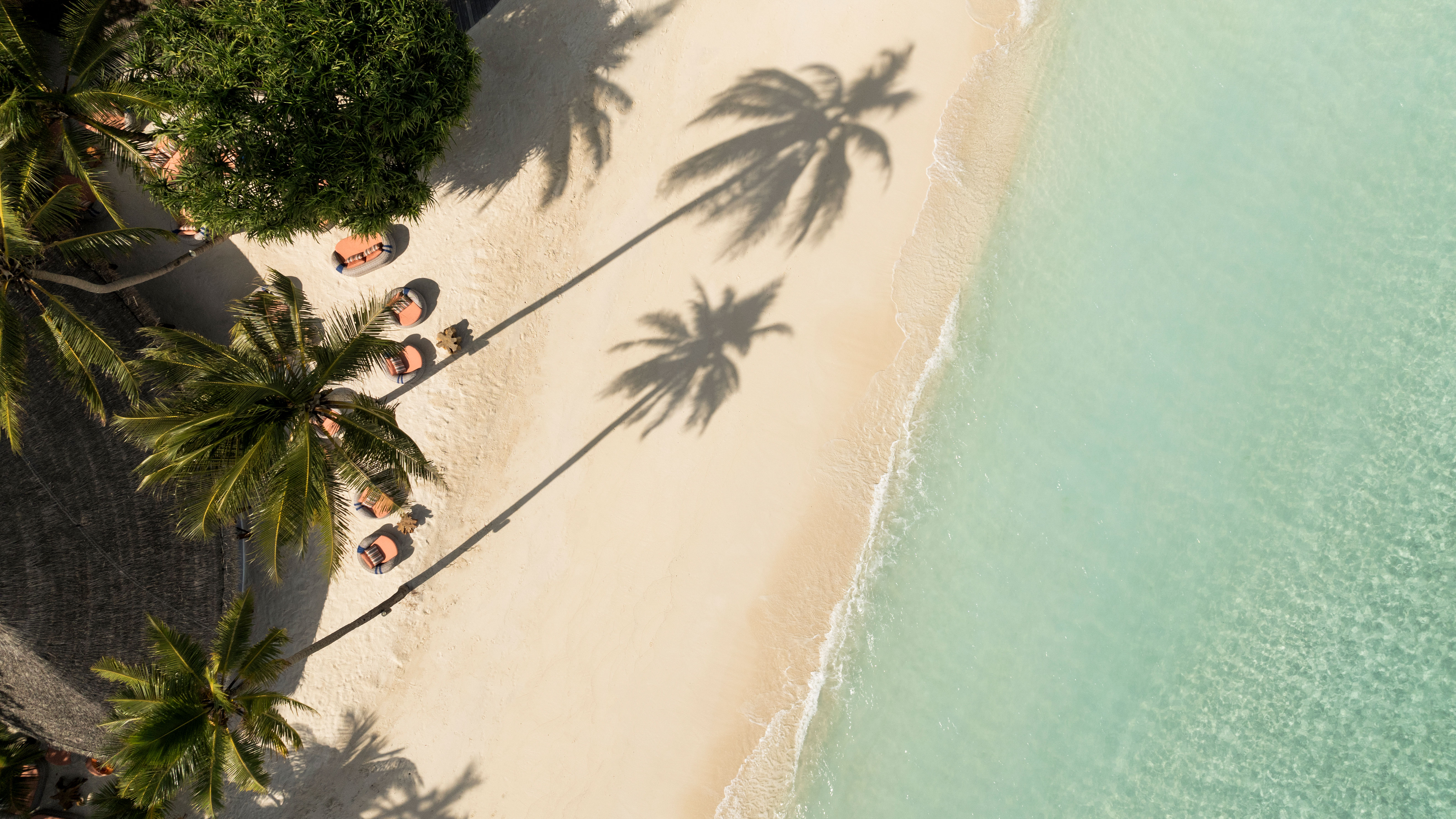 Review: Constance Moofushi and Halaveli – respite in the Maldives
Review: Constance Moofushi and Halaveli – respite in the MaldivesTravel The Constance resorts of Moofushi and Halaveli on two idyllic islands in the Maldives offer two wonderful ways to unwind
-
 Affordable Art Fair: The art fair for beginners
Affordable Art Fair: The art fair for beginnersChris Carter talks to the Affordable Art Fair’s Hugo Barclay about how to start collecting art, the dos and don’ts, and more
-
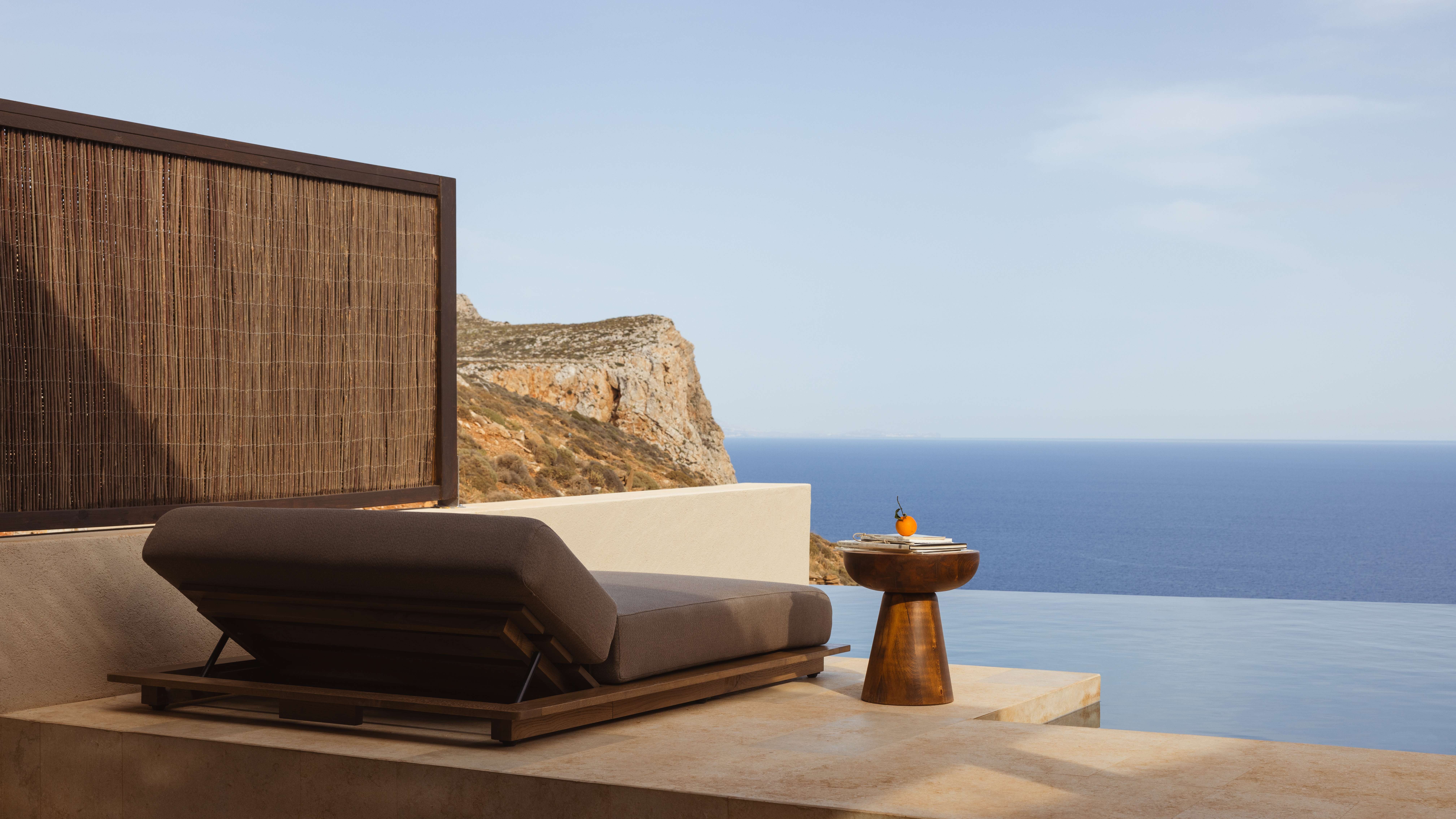 Review: Gundari, a luxury hotel in the Greek island of Folegandros
Review: Gundari, a luxury hotel in the Greek island of FolegandrosNicole García Mérida stayed at Gundari, a luxurious hotel on Folegandros, one of the lesser-known islands in the southern Cyclades in Greece
-
 Fine-art market sees buyers return
Fine-art market sees buyers returnWealthy bidders returned to the fine-art market last summer, amid rising demand from younger buyers. What does this mean for 2026?
-
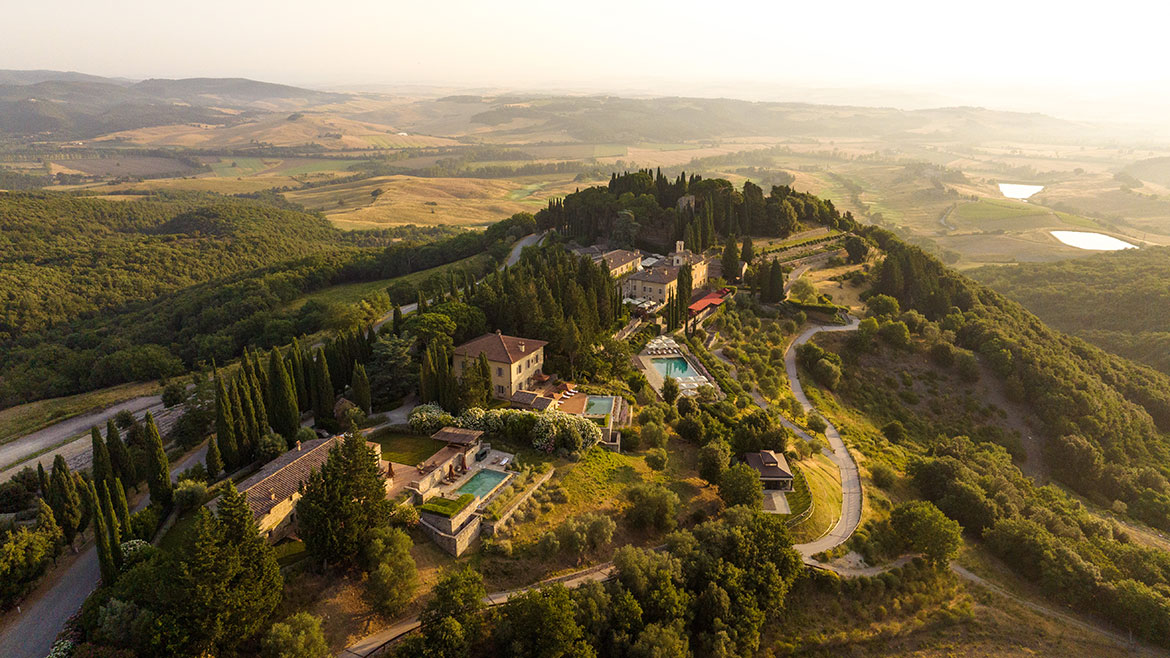 Review: Castiglion del Bosco, A Rosewood Hotel – a Tuscan rural idyll
Review: Castiglion del Bosco, A Rosewood Hotel – a Tuscan rural idyllTravel Play golf, drink exquisite wine and eat good food at Castiglion del Bosco, A Rosewood Hotel, all within the stunning Val d’Orcia National Park in Tuscany
-
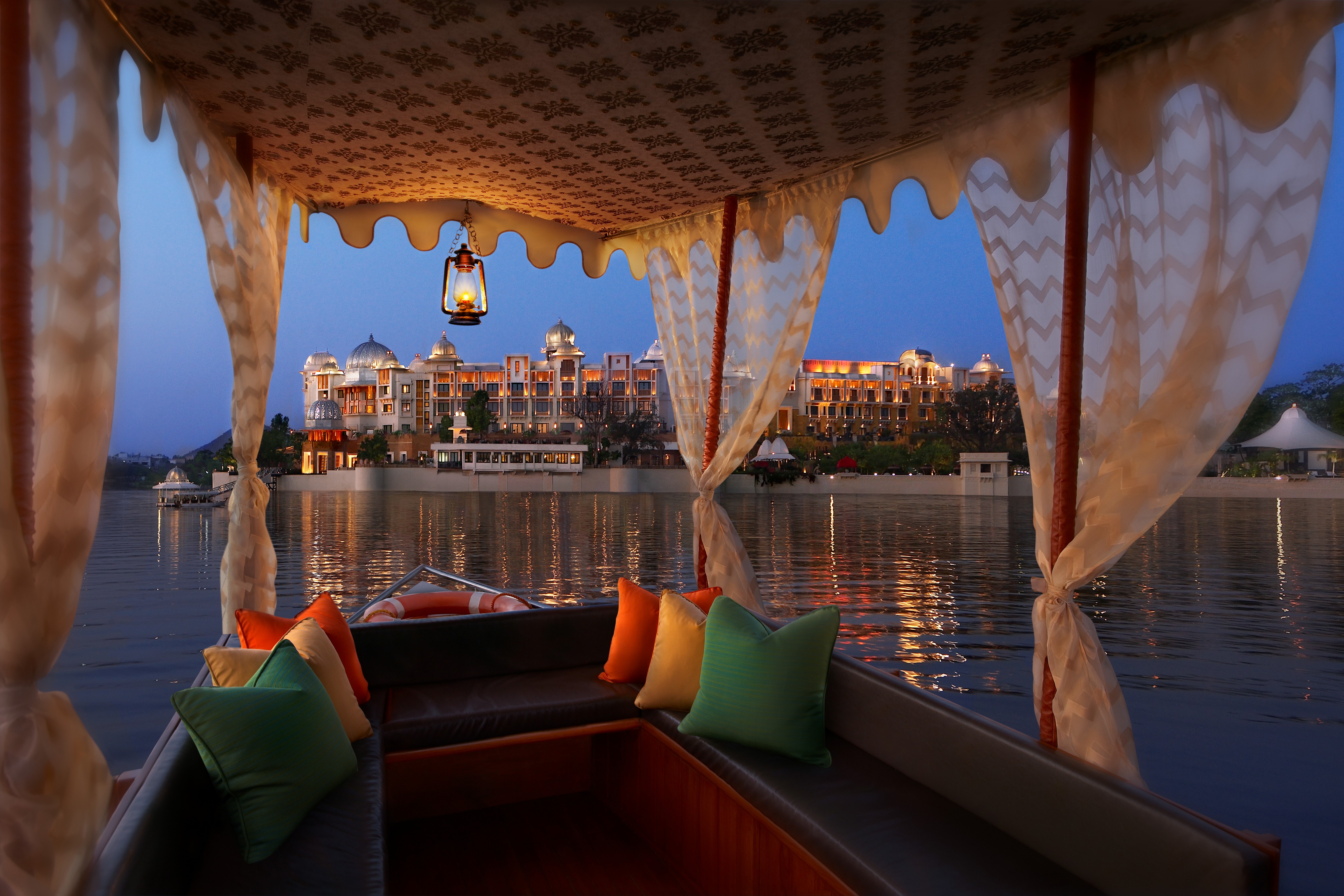 Review: A cultural tour of North India
Review: A cultural tour of North IndiaTravel Jessica Sheldon explores North India's food and art scene from three luxurious Leela Palace hotels in New Delhi, Jaipur and Udaipur
-
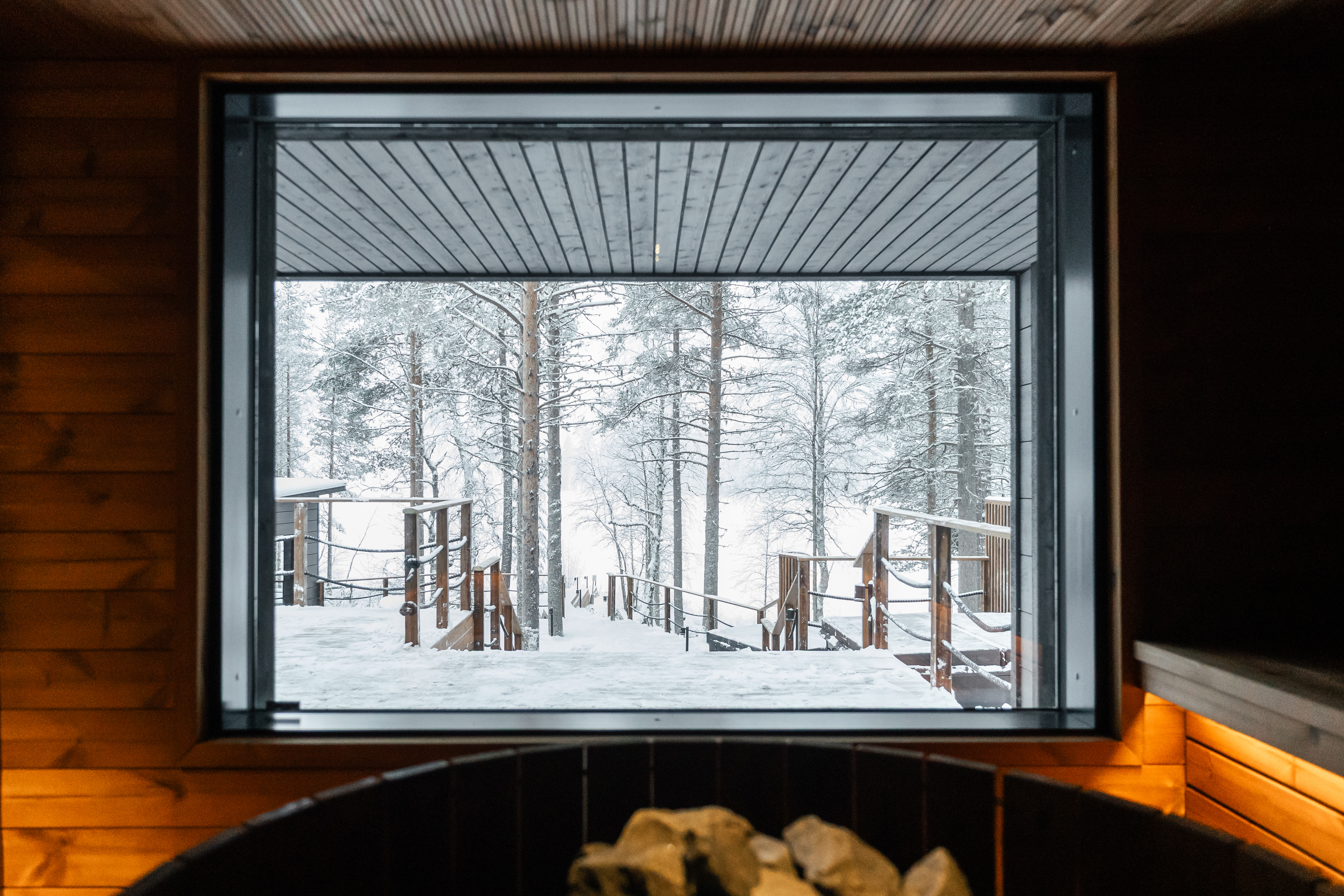 The best luxury saunas, spas and icy plunges
The best luxury saunas, spas and icy plungesRestore your mind and body with luxury fire and ice experiences, from warming saunas to icy plunges
